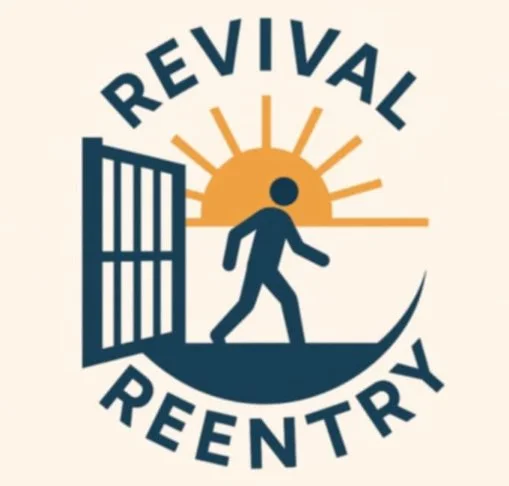Housing Help for Inmates Released from Jail in California
Finding safe, stable housing after release from jail is one of the most urgent — and difficult — challenges returning citizens face. Without housing, everything else becomes harder: getting a job, meeting parole requirements, even staying safe.
If you're looking for housing for inmates released from jail in California, you're not alone. Thousands of individuals reenter society every year, and many need immediate help with shelter. This guide breaks down your options and how to get the support you deserve.
Why Housing Is Critical After Release
Returning from jail without a place to live can lead to:
Homelessness
Missed parole check-ins
Relapse or unsafe environments
Higher risk of recidivism
In contrast, access to stable housing increases:
✅ Employment success
✅ Mental health recovery
✅ Family reunification
✅ Long-term reentry success
That’s why California has dozens of reentry housing programs designed to support individuals like you — or your loved ones — after incarceration.
Types of Housing Programs Available
Here are the most common types of housing available for returning citizens in California:
1. Transitional Housing
These are temporary homes with structured support. They often offer:
3 to 12 months of housing
Life skills training
Case management and job support
Examples: GEO Reentry Services, Amity Foundation, Volunteers of America
2. Sober Living Homes
Designed for individuals in recovery from substance use. These homes provide:
Drug-free environments
Peer support
Accountability structures
Note: Often required for parole or treatment compliance
3. Emergency Shelters
Short-term options that provide:
A bed for the night
Meals and clothing
Basic hygiene and safety
Check with local shelters in your city or county
4. Permanent Supportive Housing
For individuals with high needs (e.g., mental health, disability). Includes:
Long-term affordable housing
Wraparound services (therapy, benefits assistance)
How to Apply for Housing Support After Jail
Every program has its own intake process, but here’s a general roadmap:
Get a reentry advocate or case manager (ask your parole officer or probation agent)
Gather ID and documents (release papers, ID, proof of residence if possible)
Contact housing providers directly or go through a referral network
Stay persistent — waitlists are common, but so is movement
👉 If you’re in Northern California, contact Revival Reentry to get direct help.
Resources and Directories
Here are some tools and programs that can help you or someone you care about:
Housing Help in Mendocino County
If you’re in Mendocino County, Revival Reentry offers support with:
Emergency housing referrals
Application assistance for transitional housing
Transportation help to shelters or housing interviews
📩 Contact us here
